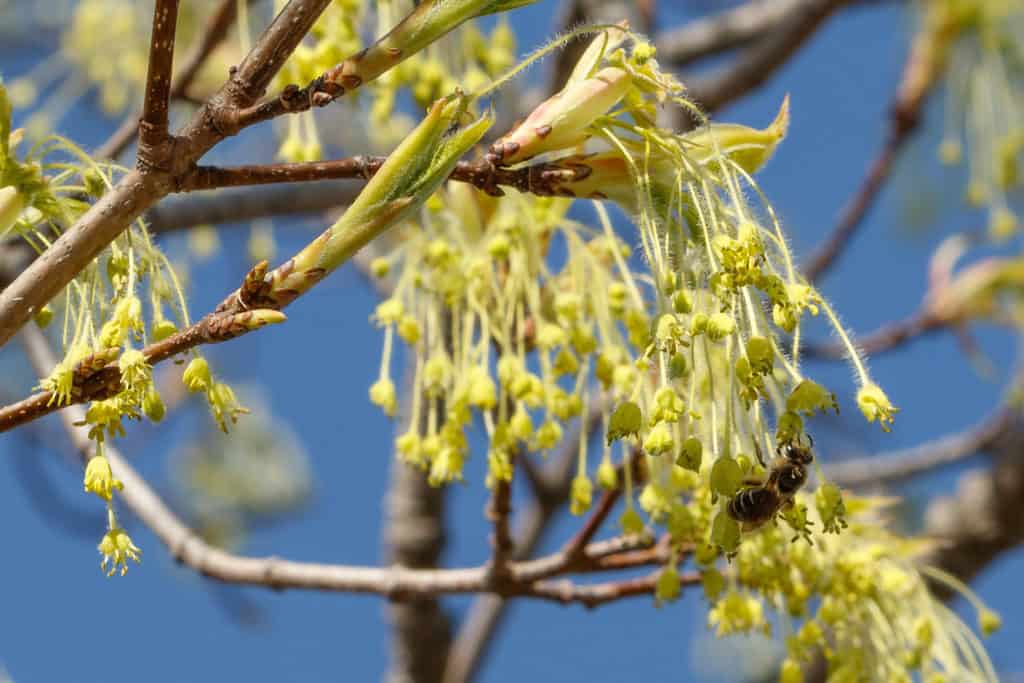All lectures will be held virtually using Zoom. They will be recorded and shared with everyone who registers for a short time.
Program Fee: $15 (Members, enter your code at checkout to receive your 20% discount.)
Additional Information: Online registration for this program closes at 5:00 pm on the date of the program. Zoom invitations will be sent out after this time to the email used to register for the event. The link will come from lauricella@bhwp.org OR education@bhwp.org.
This lecture is part of our Thursday Night Nature series. The series features presentations by regionally renowned experts who address a wide range of topics related to natural history, biodiversity, ecological gardening, native plants and native wildlife.
The 2025 Thursday Night Nature series was made possible thanks to get generous support of the Giving Arm of BLBB Charitable.








